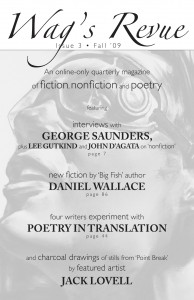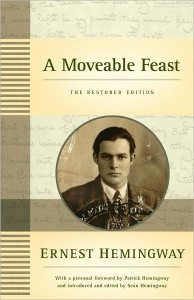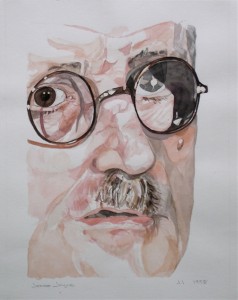Andrew's Book Club: November Picks
by Anne Stameshkin
As a huge fan of Munro and Dzanc, I’m especially excited about Andrew’s picks for this month. (This is what the world will look like when there is too much happiness!) – Indie Pick: Laura van den Berg’s debut, What the World Will Look Like When All the Water Leaves Us (Dzanc) / description (via ABC): A failed actress takes a job as a Bigfoot impersonator. A botanist seeking a rare flower crosses paths with a group of men hunting the Loch Ness Monster. A disillusioned missionary in Africa grapples with grief and a growing obsession with a creature rumored […]





























